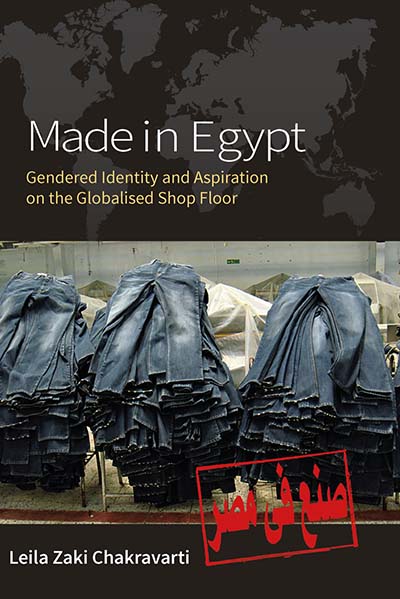Home -> Title

Contents
Illustrations, Maps and Figures
Acknowledgements
A Note on Transliteration
Map of the Nile Delta
Chapter 1. The Factory as Crucible
Port Said – The Nation’s ‘Dual Frontier’
Space and Order: The Factory as Blueprint – and as Lived Experience
Issues, Inspiration and Method
Ordering and Animating the Ethnography
Chapter 2. Firm as Family – Control and Resistance
Il-Kebir: The Role of the Proprietor-Patriarch
Ikhlaas: Filial Loyalty and Sibling Rivalry
Ihtiram: Performing Respectability
Taraabut: Articulations of Community and Entitlement
Entekhbo Qasim Fahmy! – The Workers Endorse their Kebir
Chapter 3. Shop Floor as Marketplace – Love and Consumption
Sexualising the Workplace – The Struggle for Love
‘Love in a World Ruled by Money’ (Il-Hub fi Zaman Il-Felus)
Hub Il-Shibak: Love Matches
Commodifying the Shop Floor – Trading in Dreams
Celebrating Dreams – A Picture Says a Thousand Words
Chapter 4. Daughters of the Factory – Discipline and Nurture
Discipline as Performance
Performing Efficiency
Mishmish Alley Cats – Distinctive Femininities
Nurturing and Performing Male Power
Chapter 5. Globalised Takeover – Performance and Resistance
Refashioning the Labour Landscape
Retrieving the Firm as Family
The End of the Road?
Chapter 6. Domination and Resistance
Globalisation and Localisation
Co-Optation and Appropriation
The Revolution that Wasn’t
Appendix: The Fashion Express Workforce
Select Glossary
Bibliography
Index
Made In Egypt
Gendered Identity and Aspiration on the Globalised Shop Floor
Leila Zaki Chakravarti
274 pages, 28 illus., bibliog., index
ISBN 978-1-78533-077-3 Hb Published (July 2016)
eISBN 978-1-80758-669-0
web ISBN 978-1-80758-669-0

